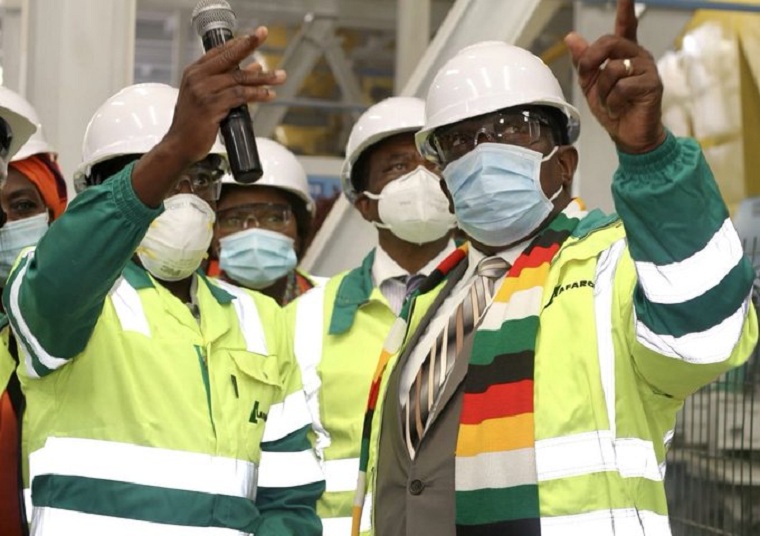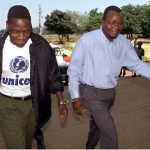Almost all our planning assumptions have been rendered nugatory, largely by exogenous circumstances. Almost all our priorities have had to be readjusted as we struggle to keep abreast of changing global circumstances.
Leading development theorists argue that a good measurement of economic resilience is gauged by how well an economy adjusts to exigencies by redeploying its factors of production to restore and achieve dynamic equilibrium with ever-changing circumstances.
With Covid-19, our challenge was ensuring wheels of the economy were kept running, but without endangering lives of our citizens.
Captains of mining, industry and commerce gave way to public health experts in writing rules governing the shop floor.
Tourism, which we thought would be a lead sector under TSP (Transitional Stabilisation Programme) and NDS1 (National Development Strategy 1), took a knock as global human movements and interaction froze under various quarantine regimens.
Even our signature infrastructural projects, which had taken off so spectacularly well, came to an abrupt halt, thus missing key timelines.
Yet we kept at the crest of the raging waves, thanks to the speed with which we responded and readjusted.
Priorities had to be reset; balances had to be struck, and resources had to be recalled from different sectors to which they had been assigned and committed before the pandemic.
Even at individual and family levels, lives had to be reordered to levels reminiscent of wartimes. Indeed, nations fared well or badly depending on the degree of their discipline. Happily, we fared remarkably well, even confounding our detractors who had written colourful obituaries for our Nation.
Today, in the wake of the conflict in Eastern Europe, we face a situation of no less turbulence. The global order continues to fail as nations get more and more balkanised into confrontational camps. Global trade is in tatters; networks of global supply chains are virtually broken. If the digital age had made our globe a village, conflict, mutual hostilities and sanctions have restored barriers of ideologies, geographical time and space.
Again, Zimbabwe has to survive this new era of a shrunk and an unstable globe.
A story is told of two animals which fell into a bowel of cream: a bird and a frog. Upon realising its wings were drenched in thick cream, the bird concluded all was lost. In resignation, it sank to the bottom and drowned.
Not so with the frog. Determined to live, it kept furiously beating and churning the cream with all its legs and might. Gradually, the cream thickened and coagulated into some solid lump, a process remarkably assisted by the reigning winter weather and of course the dead bird beneath. Before long, the determined frog sat atop a solid lump of hardened cream, shining and mopping its brow. Once it had recovered its breath, it jumped out of the bowel to rejoin the rest of the family.
Our mining sector is the proverbial frog. When Minister Winston Chitando came to Cabinet with his target of US$12 billion mining economy by 2023, I was sceptical.
Continued next page
(231 VIEWS)


